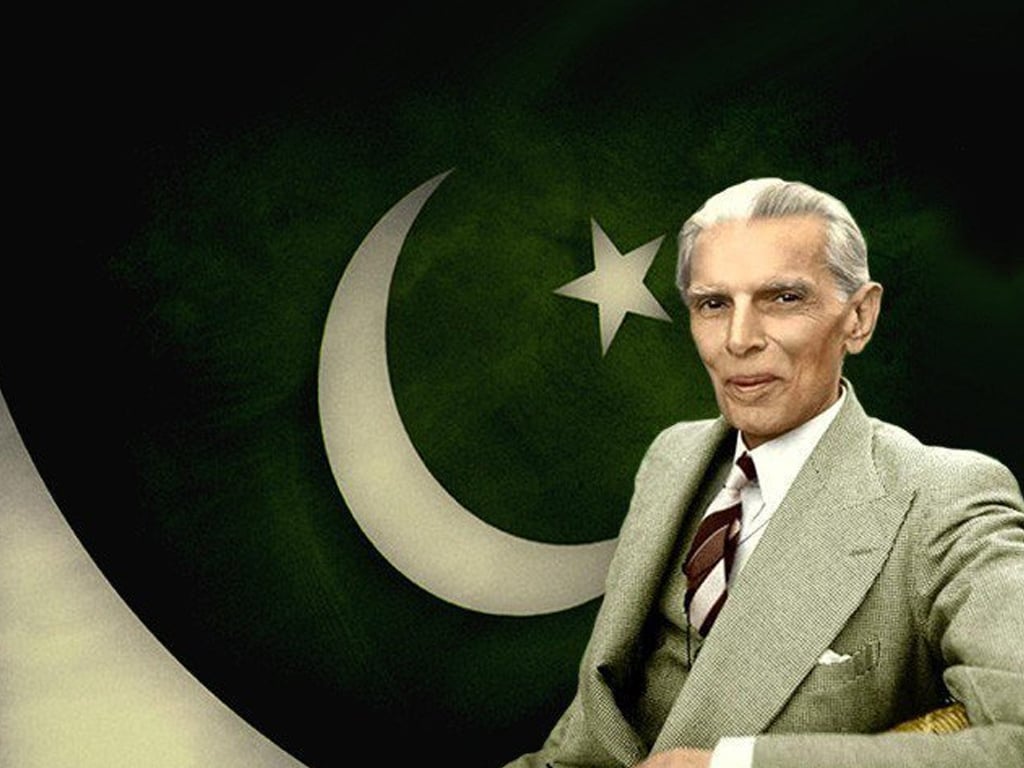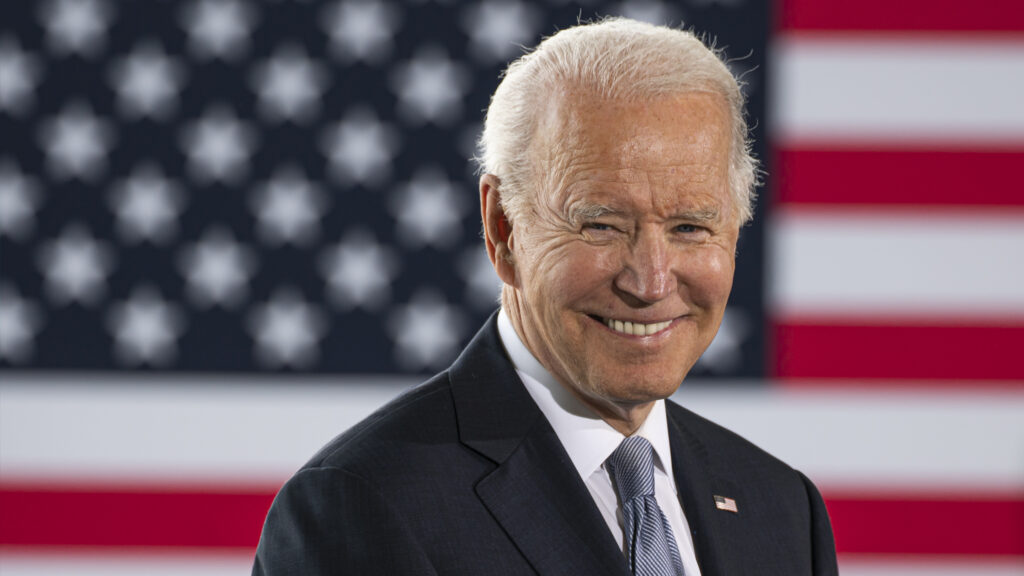
Mohammad Ali Jinnah was an Indian politician who successfully campaigned for an independent Pakistan and became its first leader. He is known there as ‘Quaid-I Azam’.
| Name | Mohammad Ali Jinnah |
| Age | 71 years |
| Date of Birth | December 25, 1876 |
| Date of Death | September 11, 1948 |
| Hometown | Karachi, Pakistan |
| Occupation | Lawyer |
Early Life & Life Journey
Mohammed Ali Jinnah was born on December 25, 1876, in Karachi, then a city of British-controlled India and now part of Pakistan. His father was a successful Muslim merchant.
Mohammed Ali Jinnah studied at Bombay University and at Lincoln’s Inn in London. He then ran a successful legal practice in Bombay. He was already a member of the Indian National Congress, which was working for autonomy from British rule, when he joined the Muslim League in 1913. The league had formed a few years earlier to represent the interests of Indian Muslims in a predominantly Hindu country, and by 1916 he was elected its president.
Politics
In 1920, the Indian National Congress started a non-cooperation movement against British rule, but Jinnah opposed this policy and resigned from the Congress. By this time, deep differences had emerged between the Congress and the Muslim League.
After the 1937 provincial elections, the Congress refused to form coalitions with the Muslim League in areas with mixed populations, leading to growing tensions between Hindus and Muslims. Jinnah made his first formal demand for the partition of India and the creation of Pakistan in a Muslim League session in Lahore during 1940. Although initially believing in the unity of Hindus and Muslims, Jinnah eventually came to believe that partition was necessary in order to safeguard the rights of Muslims.
Jinnah was adamant on this issue and began negotiating with the British. Thus, India was partitioned and Pakistan was established on August 14, 1947. This resulted in massive violence among Muslims, Hindus, and Sikhs and resulted in a large-scale migration of populations between the two newly established countries, resulting in hundreds of thousands of people losing their lives.
Services After Independence
Muhammad Ali Jinnah became the first governor general of Pakistan, but died of tuberculosis on 11 September 1948.
Death
Quaid-i-Azam Muhammad Ali Jinnah, who breathed his last on September 11, 1948.
Legacy
Jinnah’s legacy is inextricably linked with the establishment of Pakistan. Mohiuddin has stated, “He was and remains as highly revered in Pakistan as George Washington is in the United States. Pakistan owes its very existence to his drive, tenacity, and judgment. Jinnah’s role in the making of Pakistan was monumental and immeasurable.” American historian Stanley Wolpert, in a 1998 speech honoring Jinnah, referred to him as Pakistan’s greatest leader.

